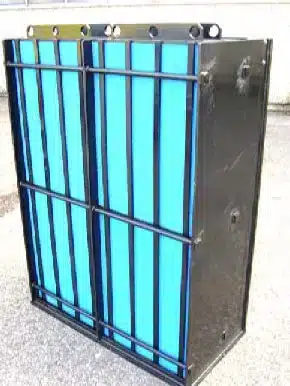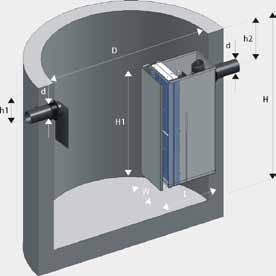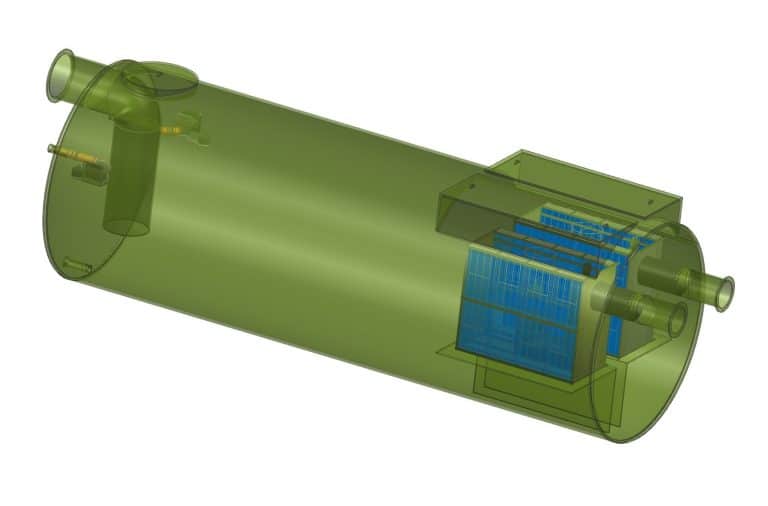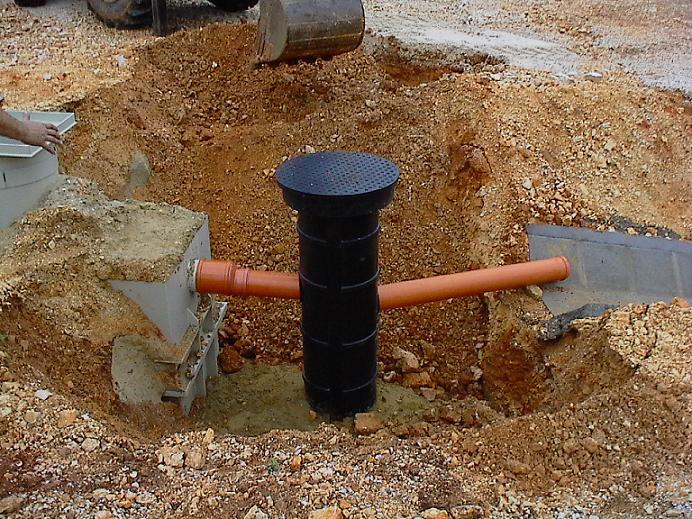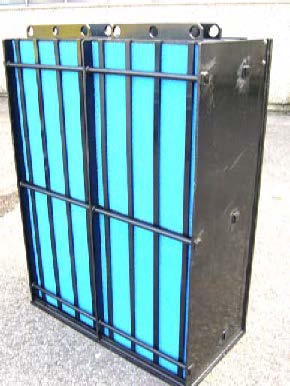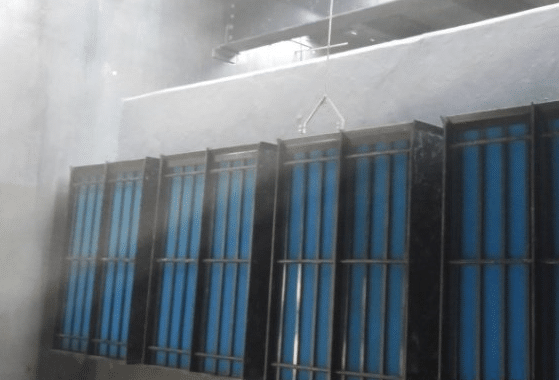In Georgia, industries face a big challenge: treating their wastewater while following strict environmental rules. Georgia OWS Manufacturers are leading the way with top-notch oil water separator solutions. These solutions meet and even beat the rules. But what makes these companies stand out in a crowded market?
OWS manufacturers in Georgia are leading in industrial wastewater treatment technology. They offer systems that remove non-emulsified hydrocarbons from water with great accuracy. Freytech Inc. is a top OWS manufacturer that has set new standards with its advanced coalescing technology. This technology achieves a separation efficiency of 5 PPM, which is better than the North American limit of 10 PPM.
Key Takeaways
- Georgia OWS manufacturers offer advanced solutions for industrial wastewater treatment
- Oil water separators are key for removing non-emulsified hydrocarbons from water
- Freytech Inc. leads with enhanced coalescing technology, surpassing industry standards
- OWS systems help industries follow environmental rules
- Separation efficiency of 5 PPM is possible, beating the 10 PPM discharge limit
Understanding Oil Water Separators (OWS) in Georgia
OWS systems in Georgia are key for handling industrial wastewater. They separate oil from water, stopping harm to the environment and following rules.
Definition and Purpose of OWS Systems
Onsite water treatment systems in Georgia, like OWS, remove oil and grease from wastewater. They let oil float to the top while water goes down. This keeps water safe and meets environmental laws.
Types of Oil Water Separators Available
There are two main OWS types: gravity separators and coalescing plate separators. Gravity separators use density differences to separate oil and water. Coalescing plate separators use plates to help oil droplets merge and separate better. Both are used in many industries in Georgia.
Importance in Industrial Wastewater Treatment
OWS systems are crucial for industries like manufacturing, food making, and pharmaceuticals. They help companies follow environmental laws, protect nature, and keep operations green. By treating wastewater well, these systems make water cleaner and keep Georgia’s environment healthy.
Top Georgia OWS Manufacturers
Georgia is home to leading companies in OWS plant manufacturing. These firms make advanced water purification systems for different industries. Freytech Inc. lead in the oil separator sector.
These Georgia companies offer a broad range of OWS solutions. They have standard and custom systems for different industrial needs. Each company adds its unique strengths, boosting Georgia’s reputation for quality water purification systems.
Freytech Inc. is a standout in Georgia’s OWS manufacturing scene. Their advanced coalescing technology leads the industry. This technology effectively separates motor oil, diesel, gasoline, jet fuel, and other refined hydrocarbons. Freytech is a top choice for businesses looking for the best water purification systems in Georgia.
These manufacturers show Georgia’s dedication to protecting the environment and improving industrial efficiency. They provide top-notch OWS solutions. These solutions are key to keeping water quality high in various sectors across the state.
Advanced Technologies in Oil Water Separation
The field of industrial wastewater treatment in Georgia has seen big changes in oil water separation tech. These new technologies have changed how effluent treatment plants work in Georgia. They make them more efficient and help meet environmental rules.
Enhanced Coalescing Technology
Now, oil water separators use enhanced coalescing tech for better separation. This tech can take out oil droplets as small as 5 microns, making the water much cleaner. Many plants in Georgia use this tech to follow strict environmental laws.
Corrugated Plate Interceptor Design
The Corrugated Plate Interceptor (CPI) design is a cost-effective way to treat industrial wastewater in Georgia. CPI systems take up less space but remove oil very well. This makes them great for small effluent treatment plants in Georgia.
Automatic Fail-Safe Valves
Automatic fail-safe valves are key in modern oil water separators. They stop oil from leaking out by accident, keeping the environment safe. Many plants in Georgia use these valves to follow local laws and protect water resources.
Applications of OWS Systems in Georgia Industries
Georgia’s industries use oil water separators (OWS) for treating process water. These systems are key to keeping the environment safe and making operations run smoothly. From shipyards to factories, OWS technology helps companies follow strict rules and save water.
In the maritime world, OWS systems are essential for ship engines and boilers. They cut down on pollution by taking oil out of the water before it’s released. This is very important for Georgia’s coastal areas to follow marine pollution laws.
Factories in Georgia count on OWS for cleaning industrial wastewater. These systems take out oil from the water used in making things. By using water recycling, Georgia companies can save money and lessen their impact on the environment.
The food, pharmaceutical, and cosmetic industries in Georgia also use OWS. They need very clean water to make their products safe and quality. OWS systems clean the water used in these processes, making sure products are safe and of high quality.
OWS are also used in Georgia’s industrial facilities for internal combustion engines and refrigeration circuits. This helps control oil loss. It keeps equipment running well and lasting longer. By adding OWS to their operations, Georgia industries get better efficiency and cut down on maintenance.
Regulatory Compliance and Environmental Standards
Georgia OWS manufacturers must follow strict rules to protect the environment. These rules make sure oil water separators (OWS) remove pollutants from industrial wastewater before it’s released.
North American Hydrocarbon Discharge Limits
The North American standard for hydrocarbon discharge is 10 Parts per Million (PPM). This rule is for all industries using OWS systems to clean their wastewater. OWS manufacturers in Georgia aim to meet and beat this standard.
Georgia-Specific Environmental Regulations
Georgia has its own environmental rules that add to federal standards. These rules protect local water and ecosystems. OWS manufacturers in Georgia must make their systems meet both state and national guidelines.
Commitment to Exceeding Standards
Top OWS manufacturers in Georgia do more than just follow the rules. Some companies promise a discharge cleanliness of 5 PPM, which is above the North American limit. Their advanced OWS systems can even get down to 0.1 PPM separation efficiency, removing tiny amounts of emulsified oil. This dedication to doing well ensures Georgia businesses meet and beat all environmental standards.
Selecting the Right OWS for Your Georgia Business
Choosing the right oil water separator for your Georgia business is crucial. OWS systems in Georgia vary, each suited for different needs. It’s important to look at what you need to separate.
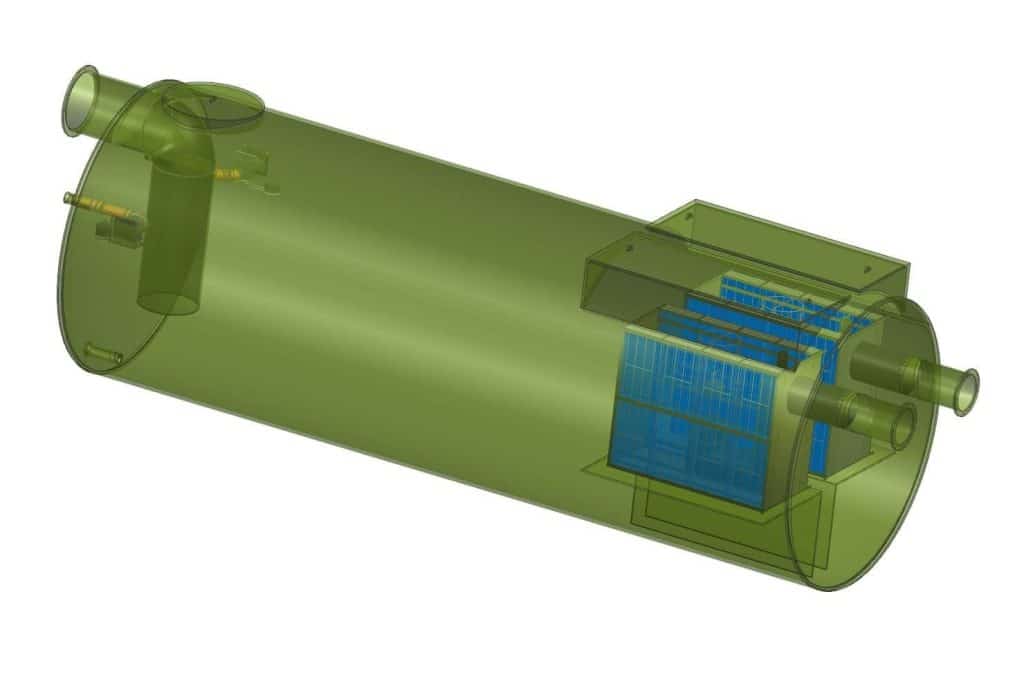
First, think about the oil and water you need to separate. Consider how much you want to separate and where the system will go. For gas separators, think about the gas type, how concentrated it is, and how pure you want it to be after separation.
There are different ways to separate, like diffusion, centrifugal, gravity, and condensation. Each method has its own benefits. Pick one that fits your industry’s needs. Don’t forget to think about environmental rules too.
Talk to experts in OWS systems in Georgia to find the best one for you. They can help you pick a system that works well for your business and follows the rules. Taking your time to make this choice will help you get a system that works well and meets your needs.
Installation and Maintenance of OWS Systems
Installing and maintaining oil water separators (OWS) is key for effective water treatment in Georgia. The best installation method depends on your site and needs.
Installation Options
OWS can be placed above, at, or below ground level. Above-grade separators are great for pump-fed systems. Those flush with grade are perfect for areas with gravity flow. Below-grade separators are ideal for sites needing deep burial and drive-over access.
Maintenance Essentials
Keeping your OWS in good shape is vital. This means replacing coalescing media and changing filters regularly. Doing so keeps your system running well and meets Georgia’s water treatment rules. Make a schedule for these tasks to avoid surprises.
Troubleshooting Tips
Issues like poor separation, low flow, or mechanical failures can happen. If you spot these problems, inspect your system’s parts and settings. Taking quick action can stop big problems with your Georgia water treatment system. Call experts if you can’t fix it yourself.
These separators are crucial in storm water systems. They process runoff to meet the US EPA’s Clean Water Act standards. With effective oily water treatment, facilities protect the environment and dodge big fines.


